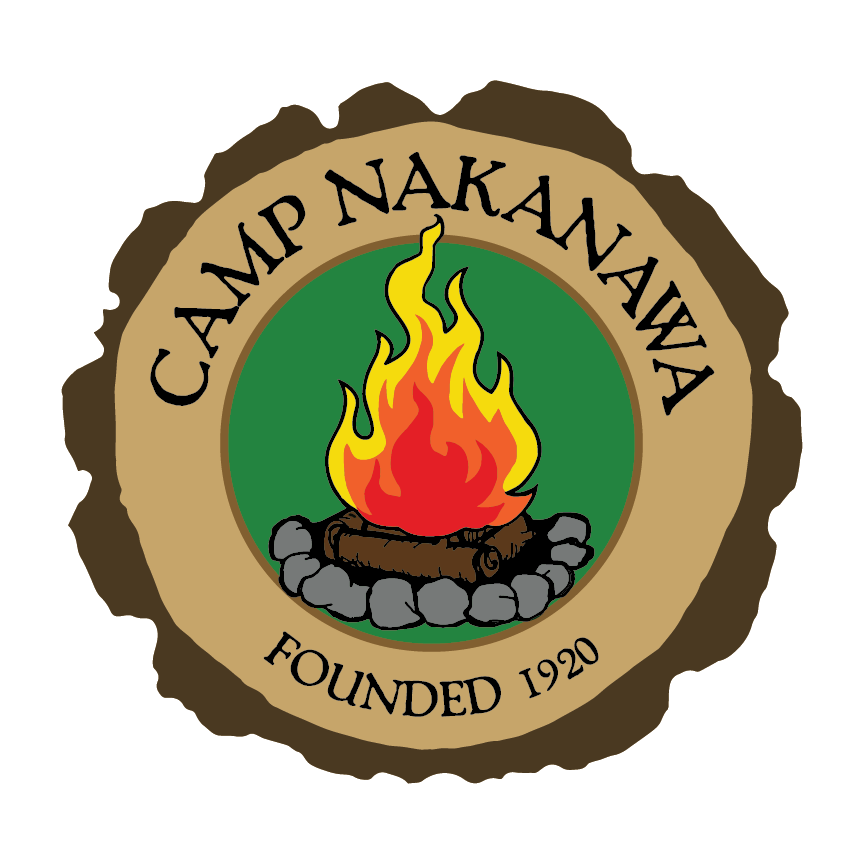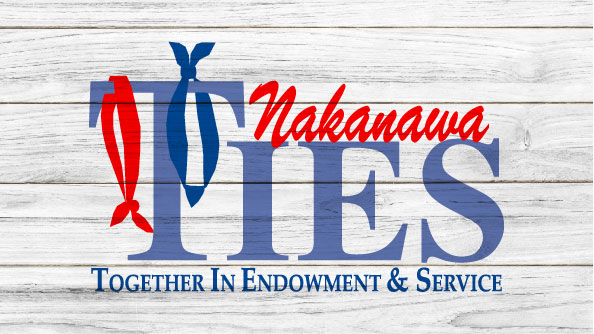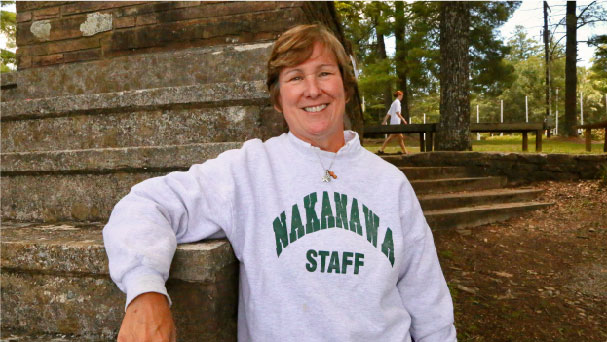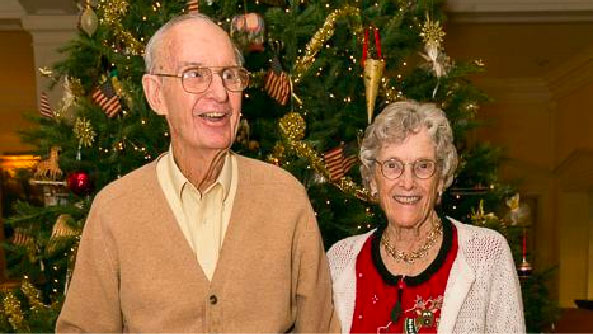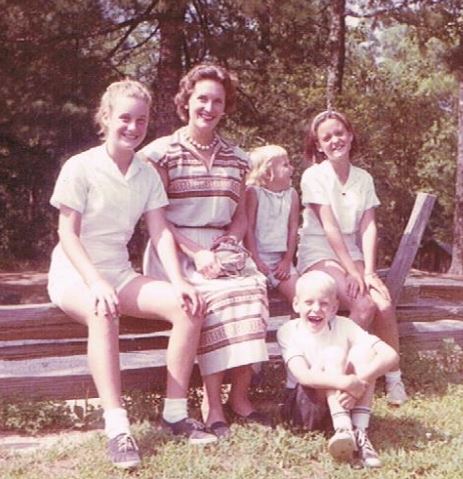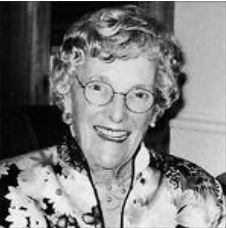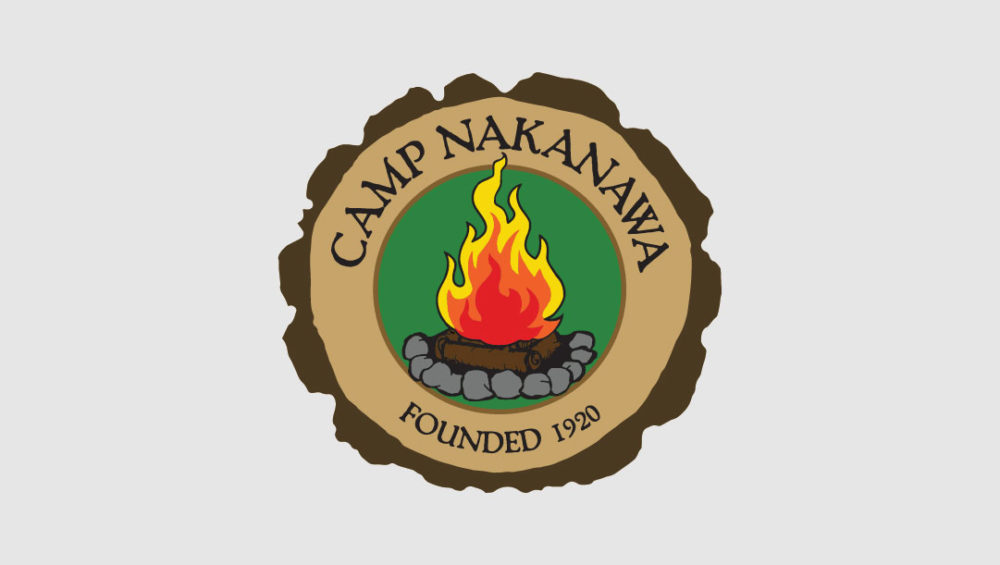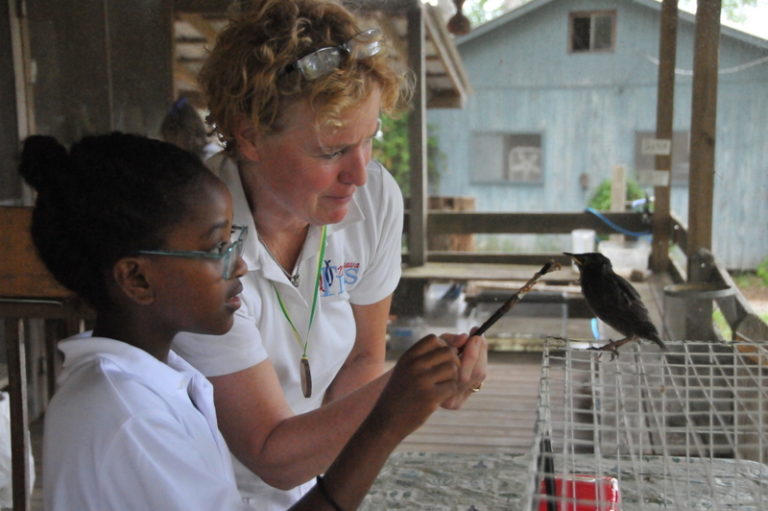We all think of schools as the place where “bullying” is discussed and addressed. But what better place to reinforce and deal with this topic, than at camp. Here at Nakanawa, we always pride ourselves in the ideal “Nakanawa girl.” Basically, girls are usually on their best behavior at camp. I said usually….but not always. And what about outside of camp? Cyberbullying definately can take place outside of the hallowed shores of Lake Aloaloa.
The Anti-Bullying Policy of camp can be found on the Nakanawa website. Here is an exerpt of the policy:
Our camp philosophy, which dates back to its founding in 1920, is based upon the ideals of friendship, love, honor, and truth. At Nakanawa, we strive to ensure that all young women gain self-confidence, make new friends, leave with cherished memories and friendships that last a lifetime. Bullying, in all of its forms is not tolerated, and stands counter to Nakanawa’s fundamental goals.
So how can we as counselors help our campers meet the ideals of Nakanawa, without bullying while at camp or away? This tip sheet, created by the American Camping Association, gives some good advice on how to spot the behavior and deal with it.
And talking with your campers helps to reinforce your views toward this behavior. (Your campers look up to you and want to follow your lead. So you can set the tone on this.) Cyberbullying (which is not a behavior we will see at camp) is growing because it its easy. The trend for girls to communicate face-to-face and over the telephone is getting less and less. This is especially true at Nakanawa since our campers are spread out over the U.S. and the world! But it is very easy to hurt someone and be indirect through texting. In this case, you don’t see the reaction to the bullying and the consequences of your action are not immediately visible. The cyberbully can be bold, brash, and very mean with her insults or conversations. It can also be done anonymously. This is a recipe for an ugly, growing problem, that even Nakanawa is not immune to. So yes… we will try to address this through our cabin meetings whenever possible.
We will work to create empathy and understanding with our campers. You will help lead devotions and discussions around these topics. I especially love a program called Bullies2buddies, which is used in the school where I work. This article about the Golden Rule, is pretty telling. During pre-camp, we will help you come up with some strategies on how to help girls come face-to-face with each other, so that the bully and her buddy can come together.
Thanks for listening!
Shelly
ps – Don’t read this attached article unless you are really interested in the subject of bullying, as it is quite long. This is a paper I wrote for one of my education classes.
